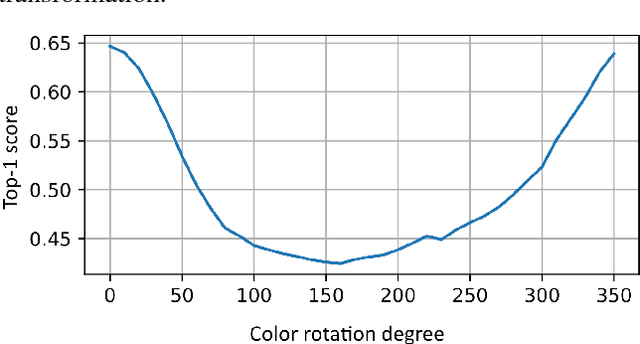AdapterNet - learning input transformation for domain adaptation
Paper and Code
May 29, 2018



Deep neural networks have demonstrated impressive performance in various machine learning tasks. However, they are notoriously sensitive to changes in data distribution. Often, even a slight change in the distribution can lead to drastic performance reduction. Artificially augmenting the data may help to some extent, but in most cases, fails to achieve model invariance to the data distribution. Some examples where this sub-class of domain adaptation can be valuable are various imaging modalities such as thermal imaging, X-ray, ultrasound, and MRI, where changes in acquisition parameters or acquisition device manufacturer will result in different representation of the same input. Our work shows that standard finetuning fails to adapt the model in certain important cases. We propose a novel method of adapting to a new data source, and demonstrate near perfect adaptation on a customized ImageNet benchmark.
 Add to Chrome
Add to Chrome Add to Firefox
Add to Firefox Add to Edge
Add to Edge